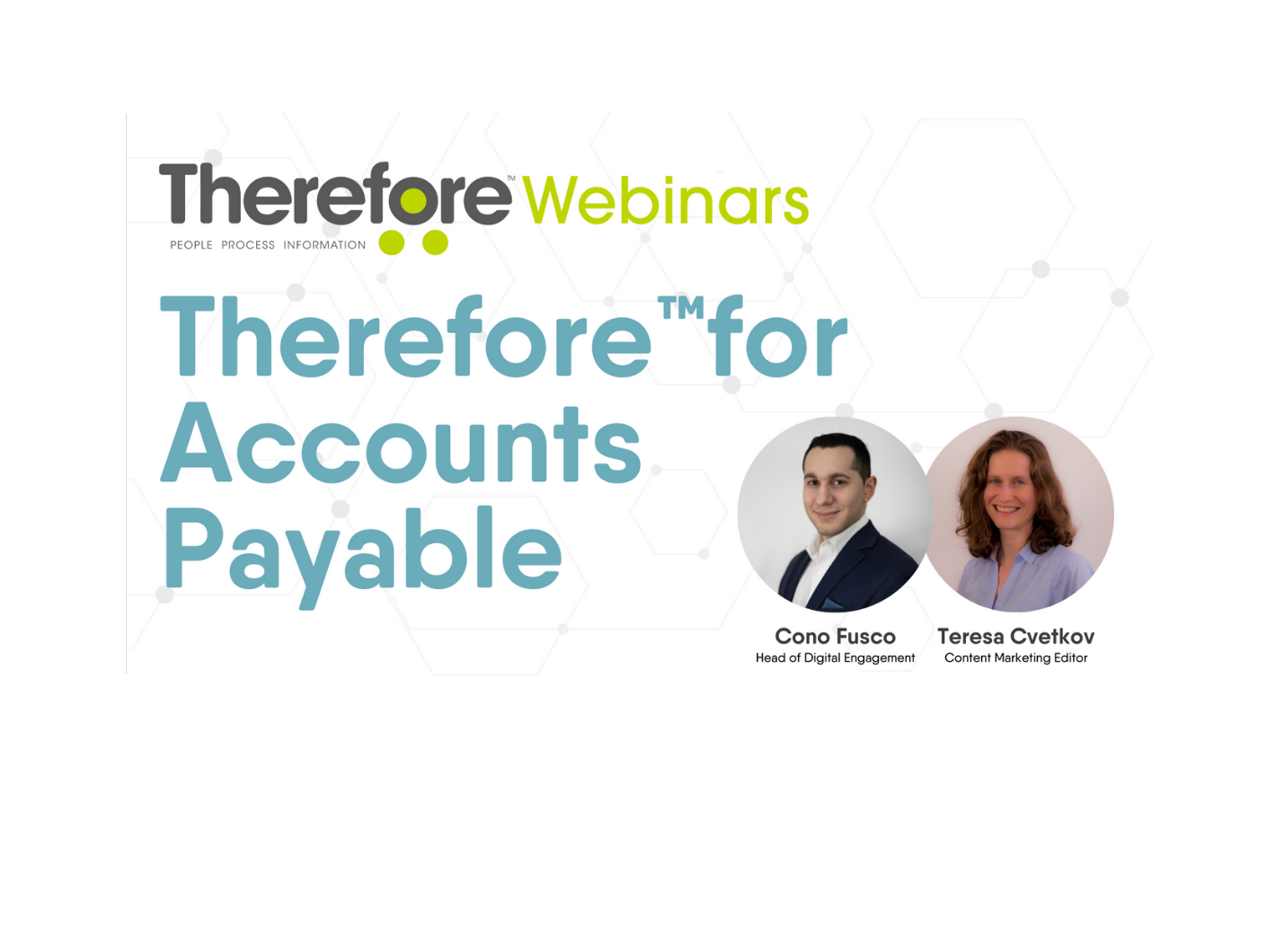A word on SOX compliance:
The Sarbanes-Oxley Act (SOX) is a federal law that was enacted by the United States Congress in 2002. It was passed in response to a series of high-profile corporate scandals, such as Enron and WorldCom, that had eroded public trust in the financial reporting practices of publicly traded companies.
SOX sets out requirements for financial reporting by publicly traded companies, auditors, and accounting firms. The law established the Public Company Accounting Oversight Board (PCAOB), which is responsible for overseeing the audits of public companies and accounting firms. The law also requires companies to establish and maintain internal controls over financial reporting.
One of the key provisions of SOX is Section 404, which requires companies to include an assessment of their internal controls over financial reporting in their annual reports. This section also requires that the company’s external auditors attest to the effectiveness of the company’s internal controls.
SOX also includes provisions that address corporate governance, such as requiring that public companies have independent directors and establishing a code of ethics for senior financial officers.
The Sarbanes-Oxley Act is designed to increase transparency and accountability in financial reporting and to protect investors from fraudulent activities. The law has had a significant impact on the corporate governance and financial reporting practices of publicly traded companies in the United States.
Therefore™ software can allow companies to achieve SOX compliance by helping them manage financial information in a traceable and secure way. The tools provided by Therefore™ generally make compliance possible thanks to its features relating to information confidentiality, integrity, and availability. Furthermore, Therefore™ provides tools for recording and maintaining audit logs as well as managing role-based access controls, including integration into frameworks like AD and LDAP.
More information on the Sarbanes-Oxley Act of 2002 (SOX) can be found on the website of the U.S. Securities and Exchange Commission.

